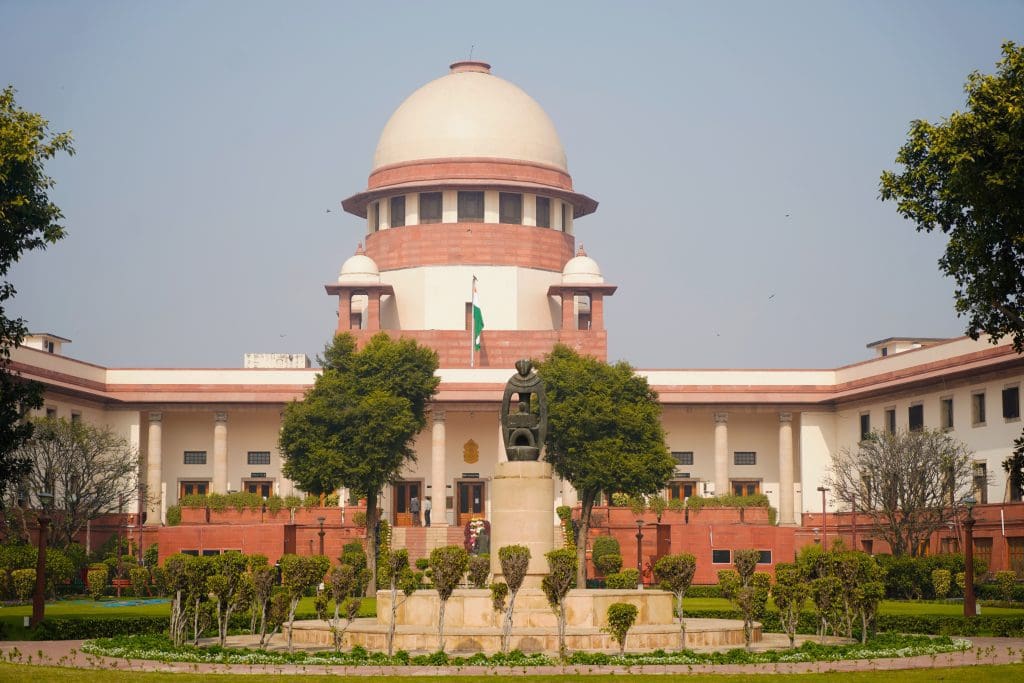
The Tamil Nadu government has told the Supreme Court that there are no such forceful conversions in the state in an affidavit filed before the Supreme Court of India. The DMK-led state government sought to dismiss the plea by advocate Ashwini Upadhyay against forcible and fraudulent religious conversions across the country.
Upadhyay is seeking a nationwide anti-conversion law in a bid to further scrutinise the proceedings for religious conversions.
Only religious conversion through intimidation, deception, threat, luring through gifts or by way of black magic or superstition amounts to injustice and exploitation and acts of missionaries spreading Christianity by itself is not illegal or unconstitutional, reads the affidavit.
Tamil Nadu stated that the claims of the petitioner on such conversions are “without any basis or proof”.
“There are no incidents of forceful religious conversion in the past few years,” the state said.
“The petition contains abusive and intemperate language and therefore it deserves to be dismissed. It is respectfully submitted that the petitioner has deliberately not mentioned the details of the similar writ petitions filed before the Hon ‘ble High Court of Delhi and this Hon ‘ble Court,” the TN government said.
“The people also have a choice to change their beliefs,” the state maintained.
“conversion of poor people to other religions by intimidating, threatening, deceivingly, luring through gifts and also by using black magic and superstition are not reported in Tamil Nadu.”
In his plea, Upadhyay also sought a CBI probe into the death of a Class XII student of a school in Thanjavur district on 19 January 2022. The girl’s death sparked a row after her parents and the BJP alleged that she died by suicide as she was under pressure to convert to Christianity.
TN stated that the petitioner is a BJP leader and a case under section 153A, creating religious enmity, is pending against him.
The State government also submitted that anti-conversion laws are prone to misuse against minorities and there is no data on convictions under the various anti conversions laws of the States.
Upadhyay’s petition “not only attacks a specific community with intentions to divide the society through hate, fuelling religious intolerance in the country”, but is also filed with the sole intention to defame a particular faith by making shocking allegations without providing any supporting data or document, the government alleged.



